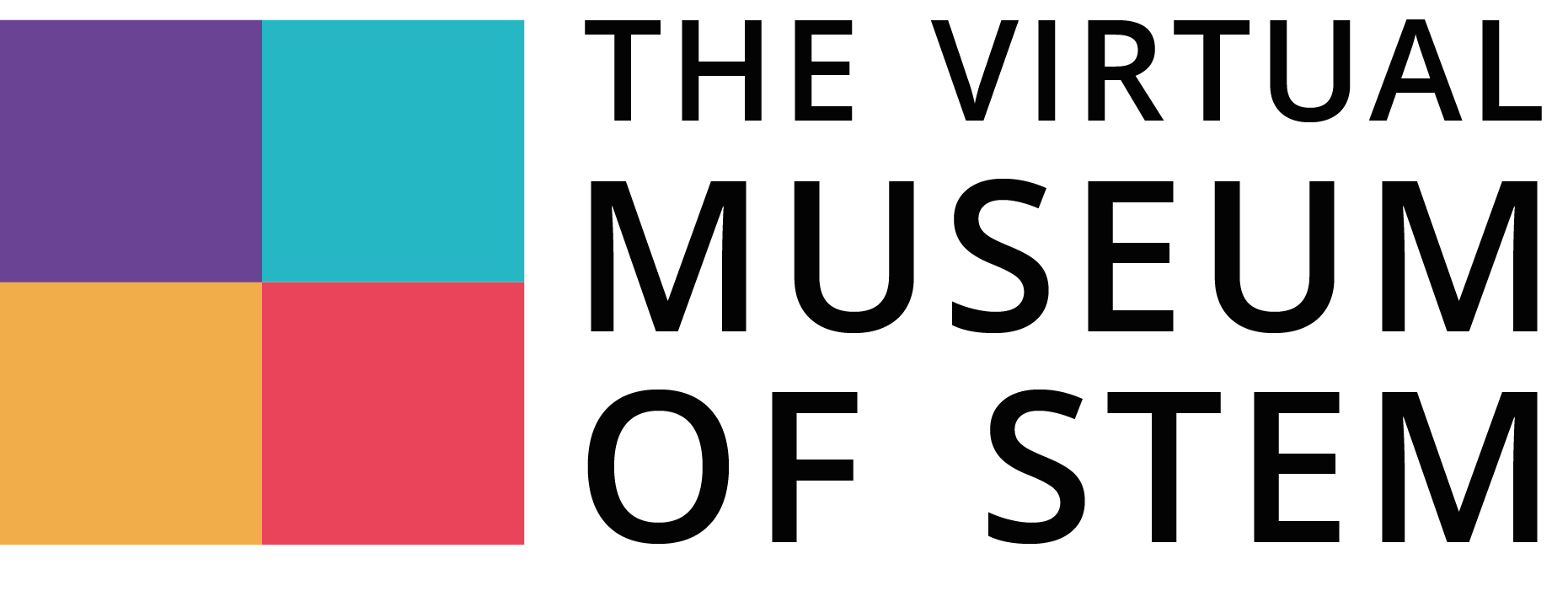Popularising STEM: spreading the knowledge
A short note to start with: in this article, the term “science” will always refer to STEM.
The popularisation of science can be defined as the process of adapting knowledge to make it accessible to the non-specialized public. It is used to bridge the gap between scientists and the general audience. It is a way of communication whose goal is not to train specialists, but rather to spread knowledge and to reach out to people about subjects they don’t know. It allows the general audience to understand what scientists do, what their goals are, and why they are doing what they do.
Indeed, there is a huge mental block for a lot of people when it comes to STEM. STEM subjects can seem really complicated and scary. Why are we so scared by STEM? One of the reasons can be linked to our pre-conceived ideas and beliefs that appear during our education (Marshall Shepherd J., 2019). Another reason can be that, when we don’t understand something, we tend to deny it or contest it.
All of these reasons make popularization interesting and needed. It allows an introduction to STEM and can spark people’s interest who previously were closed to it. It can serve to recruit future scientists to continue developing knowledge and new inventions to facilitate life conditions (Kleine M., 2020). Moreover, science is something that concerns everyone, that is why it is really important to spread STEM to as many. The popularisation of science can develop a critical mind and help to have better autonomy in information research. Popularisers want to inform the citizens the most objectively and demystify science to show people that STEM is not meant for just one part of the population.

In the past years, we have seen new channels to popularise science. For instance, many YouTube channels have been created to explain concepts or to make STEM educational content more engaging.
However, there are some limits. Popularisation uses some shortcuts to facilitate the understanding of concepts. Indeed, scientists are specialized in one particular subject that they have studied for a long time. All they know or all the subtilities of a subject cannot be explained that easily. On the other hand, some people take advantage of their oral skills to debunk fake information to others, pretending to popularize a certain STEM concept. Everyone has to be careful about what they can hear or learn because fake news can circulate very easily.
There are many examples of popularisation existing, but we chose to present you with three of them:
- One of the most famous popularisers is Hubert Reeves. He is a Canadian researcher very known for popularising astrophysics notions. He wrote quite a few books and campaigned for the ecological cause.
- Kurzgesagt is a German animation studio founded by Philipp Dettmer in 2013. They have a YouTube channel with videos lasting around 10 minutes, subtitled in several languages. They made a video about the communication in science.
- The last example is French concept named “Ma thèse en 180 secondes” (“My thesis in 180 seconds”). It is a competition for doctoral students to present their research topic in simple terms, to a diverse audience. Each student must make a clear, concise and convincing presentation of their research project in three minutes. This competition is inspired by the Three-minute thesis (3MT®), designed at the University of Queensland in Australia.
Here are a few tips to popularise a STEM subject and facilitate the understanding for the general audience:
- Focus on the clarity of your message and define all the scientific notions that you will employ.
- Create a connection with your audience
- Do not forget to contextualize your work
- Be concrete, you can use graphics, metaphors, and videos…
- Start a dialogue: do not let the learner be passive and make them participate.
Vulgariscience. (n.d.). La vulgarisation scientifique sous toutes ses facettes. Vulgariscience.com. https://vulgariscience.com/guide-complet-vulgarisation-scientifique
Découvrir le français. (n.d.). Vulgarisation scientifique. Langue française tv5monde.com https://langue-francaise.tv5monde.com/decouvrir/dictionnaire/v/vulgarisation%20scientifique
Shepherd M. (May 26, 2019). 4 Reasons People Fear Science. Forbes. https://www.forbes.com/sites/marshallshepherd/2019/05/26/4-reasons-people-fear-science/?sh=3b46a36652c0
Kleine M. (May 6, 2020). La vulgarisation scientifique d’hier à aujourd’hui. La science en passant. https://lascienceenpassant.com/index.php/2019/11/22/la-vulgarisation-scientifique-roles-et-evolutions/#:~:text=Aujourd%27hui%2C%20les%20vocations%20poursuivies,à%20fait%20pertinentes%20et%20nécessaires.
